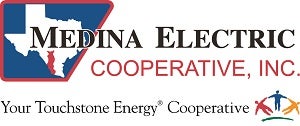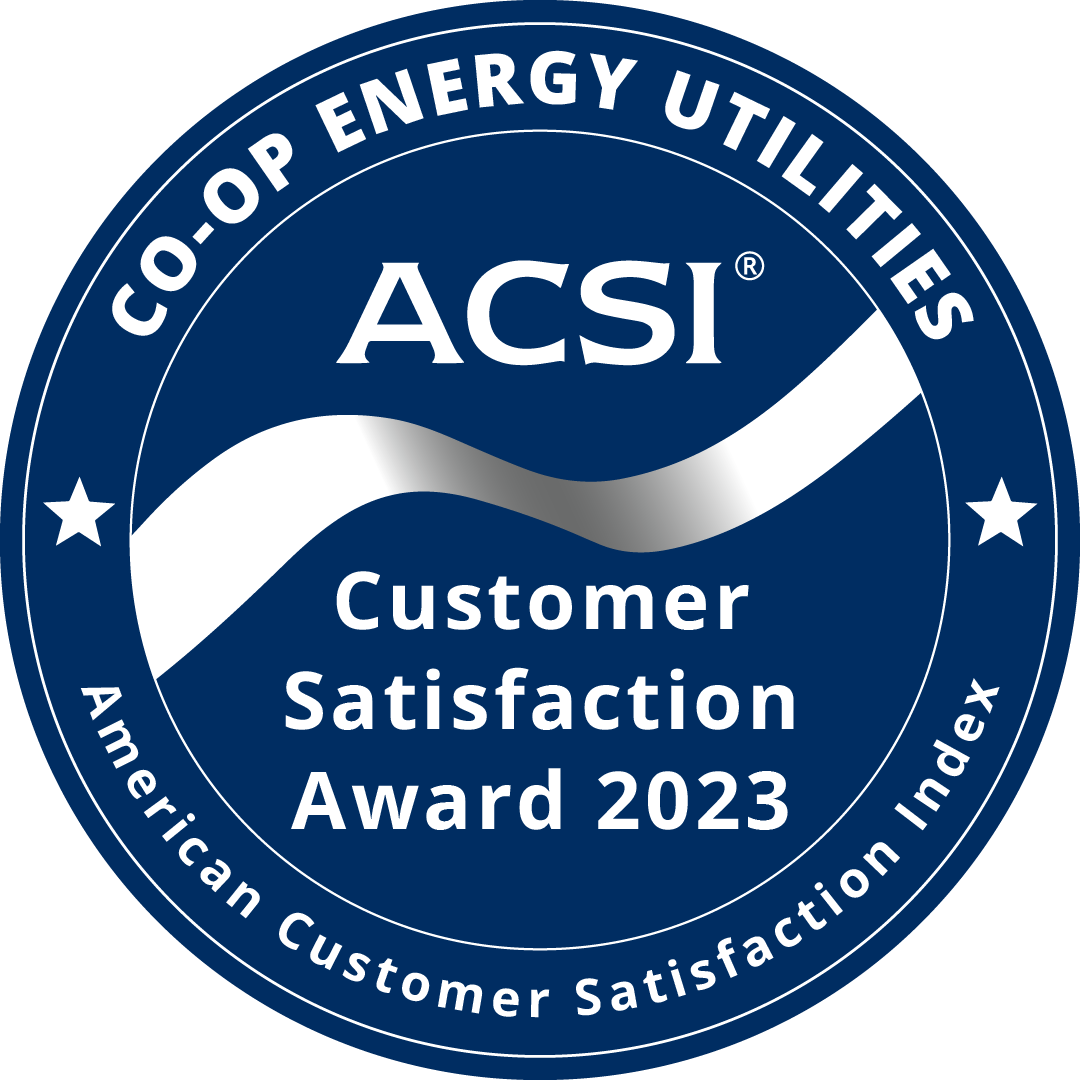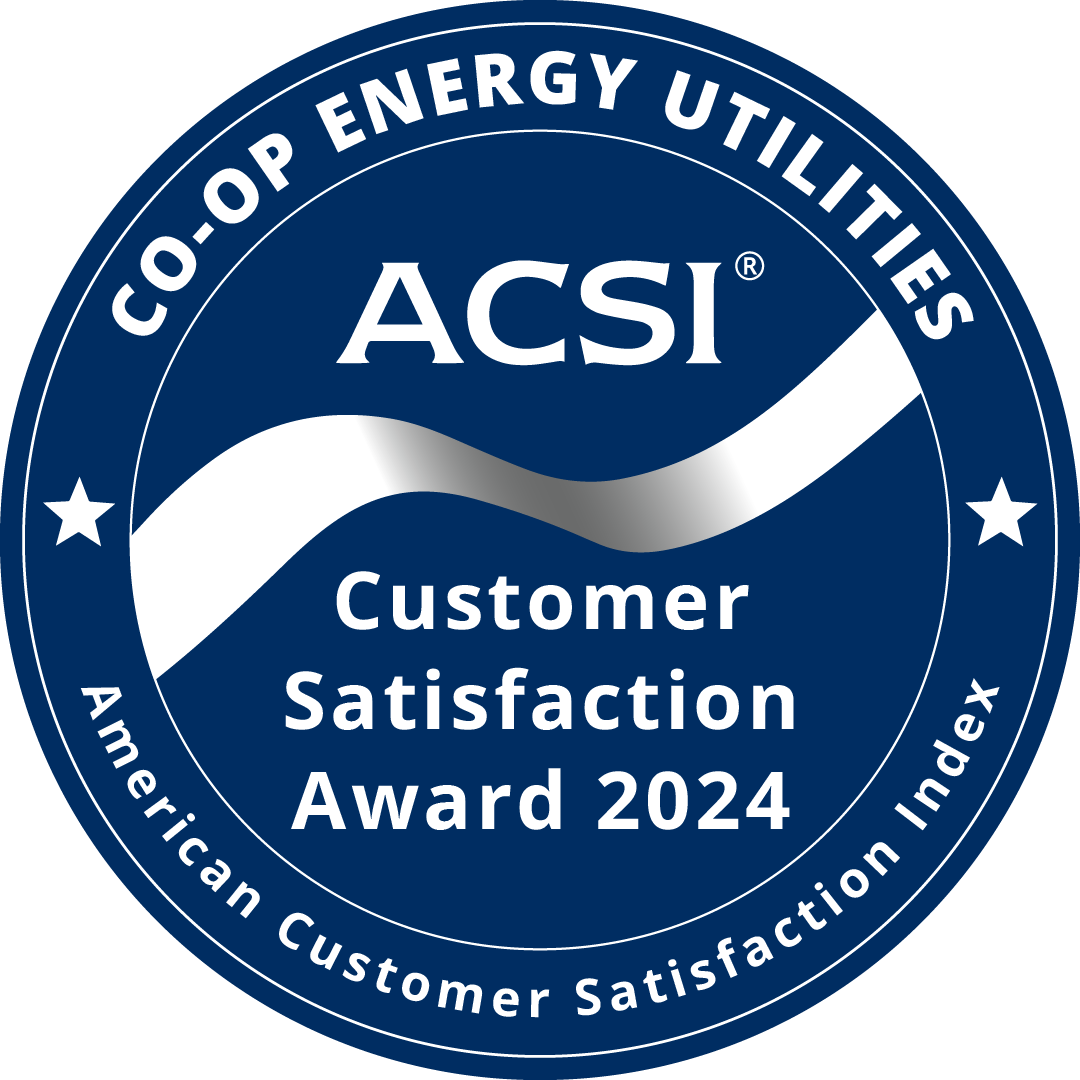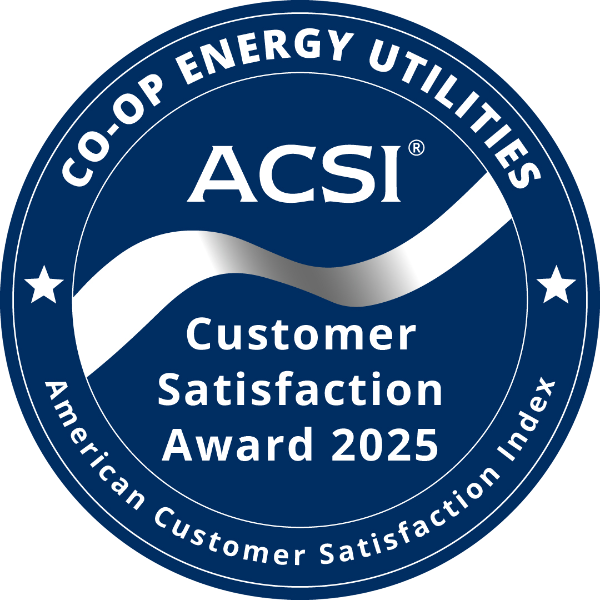Our line crews take necessary precautions before they work on downed power lines. We encourage you to also practice safety to protect your family during outages and those who come to your aid during emergency situations.
- Use heavy-duty, outdoor-rated extension cords. Make sure extension cords are free of cuts or tears and the plug has three prongs. Overloaded cords can cause fires or equipment damage.
- Ensure your generator is properly grounded.
- Never overload a generator. A portable generator should only be used when necessary to power essential equipment or appliances.
- Turn off all equipment powered by the generator before shutting it down.
- Keep the generator dry. Operate it on a dry surface under an open structure.
- Always have a fully charged fire extinguisher nearby.
- Never fuel a generator while it is operating.
- Read and adhere to the manufacturer’s instructions for safe operation. Never cut corners when it comes to safety.
Generators and Backfeed Prevention
We understand that sometimes members may need to use a portable generator to keep power to their house during an outage. If the proper steps aren't taken to ensure a generator is connected correctly, it could result in backfeeding along powerlines. Backfeeding happens when electricity from a generator flows back onto the distribution system. Not only can backfeeding cause damage to equipment, but can result in injury or even death to those working to restore power.
One of the most important things to remember is to never connect your generator directly to your home's wiring, unless your home has been wired for generator use. Have a licensed electrician install the equipment necessary to safely connect emergency generators to your home.
Another way to prevent backfeeding is to always plug appliances directly into generators. Connecting the generator to your home’s circuits or wiring must be done by a qualified, licensed electrician who will install a transfer switch to prevent backfeeding.
- Assume any downed line is energized.
- Report downed lines to the police, fire department and your electric utility.
- Do not go near any downed power lines.
- Shuffle away with small steps, keeping your feet together and on the ground at all times.
- Do not drive over downed power lines.
- Do not touch a person who is in direct or indirect contact with a power line. You could become the next victim. Call 911 instead.
- Do not attempt to move a downed power line or anything in contact with the line by using another object, such as a broom or stick.
- Be careful not to put your feet near water where a downed power line is.
- If you are in your car and it is in contact with a downed line, stay in your car. Honk your horn and call 911 for help. Tell others to stay away from your vehicle.
- If you must leave your car because it's on fire, jump out of the vehicle with both feet together to avoid simultaneous contact with the car and the ground, then use small shuffling steps to get away from the car.
If someone in your home depends on an electrically operated health aid, take these steps to prepare for possible power outages:
- Plug electronic devices into surge protectors and consider using uninterruptible power supplies on important devices.
- Consider investing in a portable generator to power vital equipment in the event of an extended blackout. Consult with a qualified electrician before installing the device.
- Keep an adequate supply of prescription drugs and medical equipment on hand in case a storm prevents you from getting refills.
- Keep a corded land line operating in your home, as cordless phones need power and will not work without it.
- Let Medina EC know that someone in your home relies on electrically powered medical equipment. Simply fill out the life-support registry form on this page and mail it to the address indicated.
- Report all outages quickly by calling 1-866-MEC-ELEC (632-3532).
Learn more about our Life-Support Registry here.
- After heavy rains, avoid roadways with water crossings or that are known to flood.
- Do not go through flooded areas - turn around, don't drown!
- Keep cell phones charged before large storm events. Have back up battery pack.
- Disconnect appliances and electronics to avoid damage from electric surges.
- Keep freezers and refrigerators closed.
The best way to stay safe during a storm or outage is to be prepared. Get more tips at Ready.gov.



